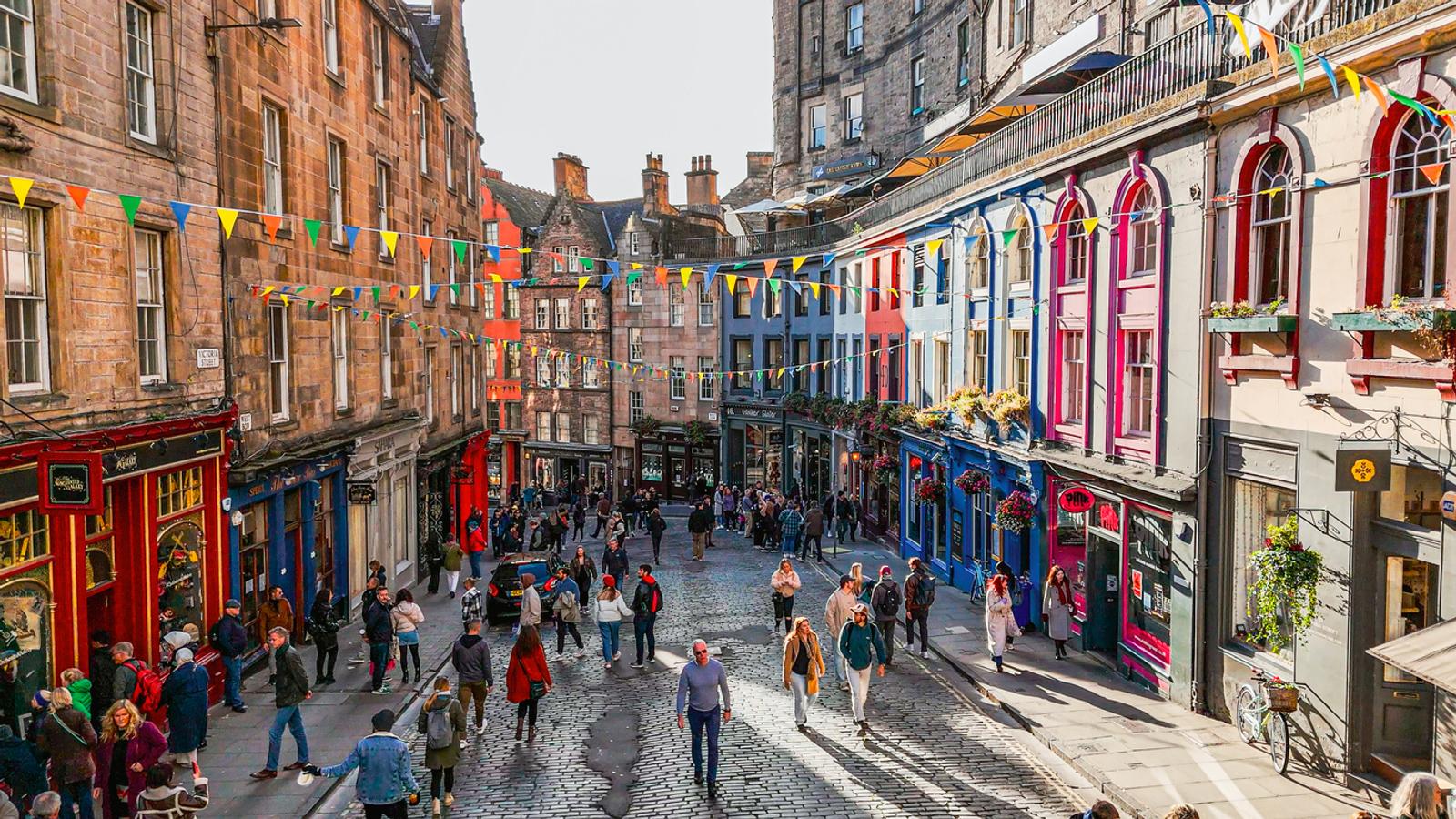UK Cellular IoT connectivity in retail

Cellular IoT is revolutionizing the UK retail sector, offering seamless connectivity for mobile POS systems, cashierless stores, smart inventory management, and personalized shopping experiences. Retailers are leveraging this technology to enhance operational efficiency, improve customer engagement, and stay competitive in an increasingly digital marketplace.
The United Kingdom has been at the forefront of adopting cellular IoT technologies in the retail sector, driven by the country's advanced telecommunications infrastructure and tech-savvy consumer base. The UK's cellular IoT market in retail is experiencing rapid growth, with a projected CAGR of 15% through 2028. This growth is fueled by the increasing demand for seamless, connected shopping experiences and the need for retailers to optimize operations in a highly competitive market.
Key players and network coverage
Major telecom providers such as EE, Vodafone, O2, and Three are leading the charge in cellular IoT connectivity for retail applications. These operators have invested heavily in expanding their networks to support the growing demand for IoT devices. 5G coverage in the UK has now reached over 70% of the population, providing ultra-fast, low-latency connections ideal for advanced retail IoT applications.
Use cases in UK retail
Smart stores
Major UK retailers like Tesco and Sainsbury's have been experimenting with smart store concepts powered by cellular IoT. These stores use a combination of sensors, cameras, and mobile apps to create a frictionless shopping experience. Cellular IoT ensures reliable connectivity for these complex systems, even in areas with poor Wi-Fi coverage.
Supply chain optimization
UK retailers are leveraging cellular IoT to enhance their supply chain visibility. With real-time tracking of goods from warehouse to store shelves, companies can reduce waste, improve inventory accuracy, and respond quickly to demand fluctuations. This is particularly crucial in the post-Brexit era, where supply chain disruptions have become more frequent.
Personalized shopping experiences
Cellular IoT enables UK retailers to offer highly personalized experiences to their customers. By connecting mobile apps with in-store beacons and sensors, retailers can send targeted promotions, provide product information, and offer assistance based on a customer's location and preferences.
Energy management
With rising energy costs in the UK, retailers are turning to cellular IoT solutions for better energy management. Smart meters and IoT-enabled HVAC systems help stores optimize their energy consumption, reducing both costs and carbon footprint.
Click-and-collect services
The popularity of click-and-collect services has surged in the UK, especially post-pandemic. Cellular IoT powers smart lockers and automated pickup points, enabling seamless integration between online orders and in-store fulfillment.
Challenges and opportunities
Integration with legacy systems
Many UK retailers face challenges in integrating cellular IoT solutions with their existing IT infrastructure. This presents an opportunity for IoT service providers to offer comprehensive integration services and middleware solutions.
Data security and privacy
With the increasing amount of customer data collected through IoT devices, UK retailers must prioritize data security and privacy. This has led to a growing market for IoT security solutions tailored to the retail sector.
Rural connectivity
While urban areas in the UK have excellent cellular coverage, some rural regions still face connectivity challenges. This presents an opportunity for innovative last-mile solutions, requiring more reliable and extensive cellular IoT coverage.
Future outlook
AI Integration
Combining cellular IoT with artificial intelligence will enable more sophisticated predictive analytics and autonomous decision-making in retail operations. AI-powered IoT systems will optimize inventory levels in real-time, reducing overstock and stockouts. Additionally, these systems will enhance personalization by analyzing customer behavior patterns and preferences, leading to more targeted marketing and improved customer satisfaction.
Sustainable retail
Cellular IoT will play a crucial role in helping UK retailers meet sustainability goals through improved resource management and waste reduction. Smart sensors will monitor energy consumption, allowing for automated adjustments to lighting and HVAC systems, significantly reducing energy waste. IoT-enabled supply chain tracking will also help retailers minimize food waste by providing real-time data on product freshness and optimizing inventory rotation.
Omnichannel integration
Cellular IoT will continue to blur the lines between online and offline retail, creating seamless omnichannel experiences for UK shoppers. IoT-enabled smart shelves and digital price tags will allow for dynamic pricing that reflects online offers, ensuring consistency across channels. Moreover, cellular IoT will facilitate real-time inventory visibility across all retail locations and online platforms, enabling efficient order fulfillment from the nearest source and reducing delivery times.
Cellular IoT is set to revolutionize the UK retail sector, offering unprecedented opportunities for operational efficiency, customer engagement, and innovation. As the technology evolves and adoption increases, we can expect to see transformative changes in how UK consumers shop and how retailers operate in the coming years.